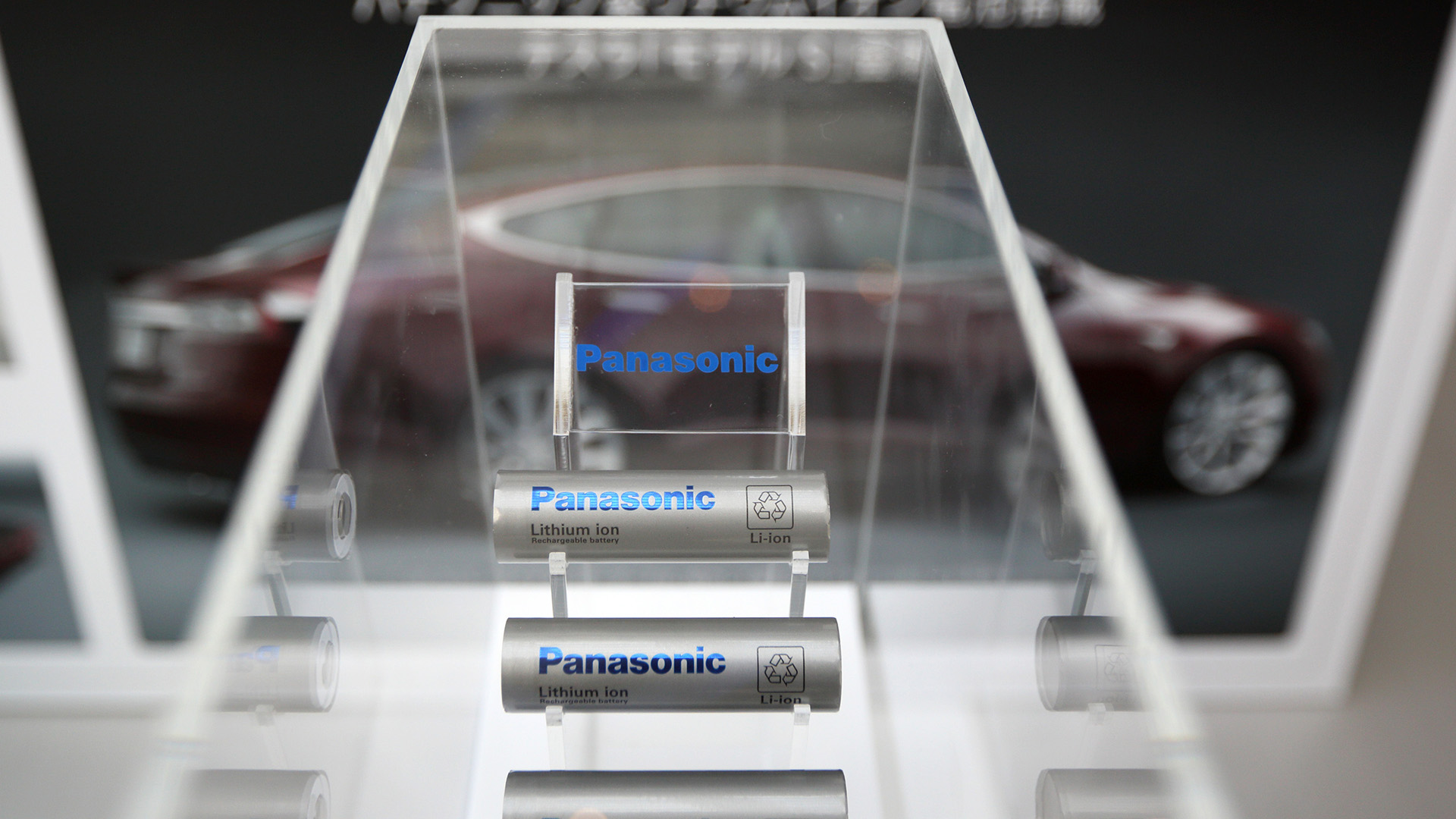

One of the largest costs of manufacturing an electric car is the cost of batteries. They are a consumable, yet necessary part of storing power in an electric vehicle. To cut costs on electric vehicles, one area manufacturers must focus on is the battery. In a recent interview translated from German, Audi’s Research and Development boss claims that the auto manufacturing giant is doing just that.
Generally, batteries are priced per kWh. Audi’s recent claim is that they are able to secure purchasing at $112 per kWh on some models.
We have opted for a top-down strategy because most buyers will be found in this segment. Currently, one kilowatt-hour costs around 100 euros (~$112 USD per kWh) depending on the model. Only when we are significantly lower than this price is e-mobility also interesting in volume segments.
Peter Martens, Head of Audi Research and Development
This is extremely important, given the price per kWh of other manufactures, such as Tesla who has previously claimed a $190 cost per kWh. On a P100D, which has a 100 kWh battery, this equates to a cost of $19,000 for the battery alone. A similar 95 kWh battery in the 2019 e-tron Quattro would cost $10,640 – a staggering 44% less than its Tesla counterpart.
A decrease in battery pricing is extremely important for manufacturers interested in mass-producing affordable electric cars while still maintaining a profit. Audi recently announced their plans to launch three new all-electric vehicles by 2020, and even began proceedings to renovate its Brussels facility to accommodate for the increase demand in electric cars.
After reports that the Tesla Model 3 would be a hard sell to break even, the need for market-appropriate prices are more important than ever. Lower prices in batteries and the world of EVs helps to increase competition and lower prices – something great for both the consumer and the adoption of all-electric platforms in a gas-powered world.